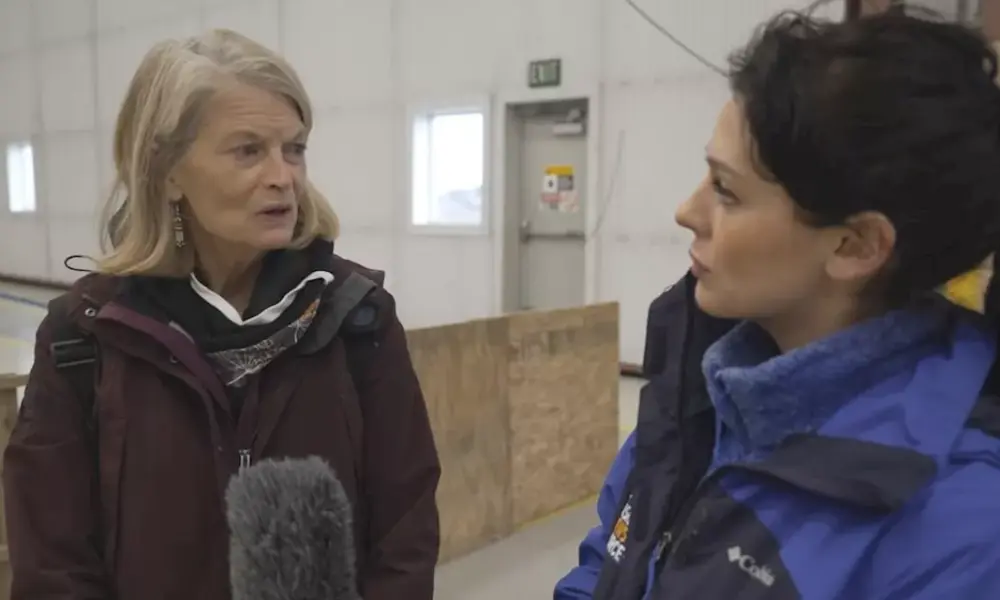URGENT UPDATE: Alaskans are facing a significant increase in coffee prices as new U.S. tariffs threaten the local coffee industry. Anchorage roasters, including well-known names like Kaladi Brothers and SteamDot, are now grappling with 50% tariffs on Brazilian coffee beans, which make up over 30% of all U.S. coffee imports.
These tariffs, recently announced, are causing immediate disruptions to the daily rituals of many Alaskans who rely on coffee as a cultural staple. While coffee is integral to morning routines, the soaring costs are forcing local roasters to reassess their operations, impacting everything from sourcing to pricing.
Coffee does not grow in the continental U.S., and with no significant domestic coffee farms, the tariffs disproportionately affect local businesses. Alaska’s coffee roasters are already paying record prices for green coffee, and the new tariffs threaten to drive costs even higher. The ripple effect is clear: consumers will see higher prices and fewer choices in their local cafes.
“These tariffs don’t make coffee stronger, better, or more secure. They just make it more expensive for everyone,”
said an Anchorage coffee roaster, emphasizing the emotional toll this policy has on local communities.
While the tariffs are intended to protect American farmers, they do not account for the reality that there are virtually no coffee farms in the U.S. capable of meeting national demand, aside from a few growers in Hawaii. Instead, these measures serve to exacerbate an already fragile supply chain, as local roasters compete with international buyers, particularly from China, who are aggressively securing coffee supplies.
As the market shifts, Alaskan coffee businesses face a challenging future. The tariffs not only threaten their survival but also jeopardize a beloved cultural tradition. With every increase in cost, the essence of morning coffee is at stake, making this an urgent issue for residents across the state.
What’s Next: Local coffee roasters are calling for immediate action from lawmakers to reconsider these tariffs. As the situation develops, Alaskans will need to stay informed about changes in pricing and availability. The impact of these tariffs will be felt in cafes and homes alike, marking a significant shift in the coffee landscape of the “Last Frontier.”
Stay tuned for further updates as this story unfolds.






